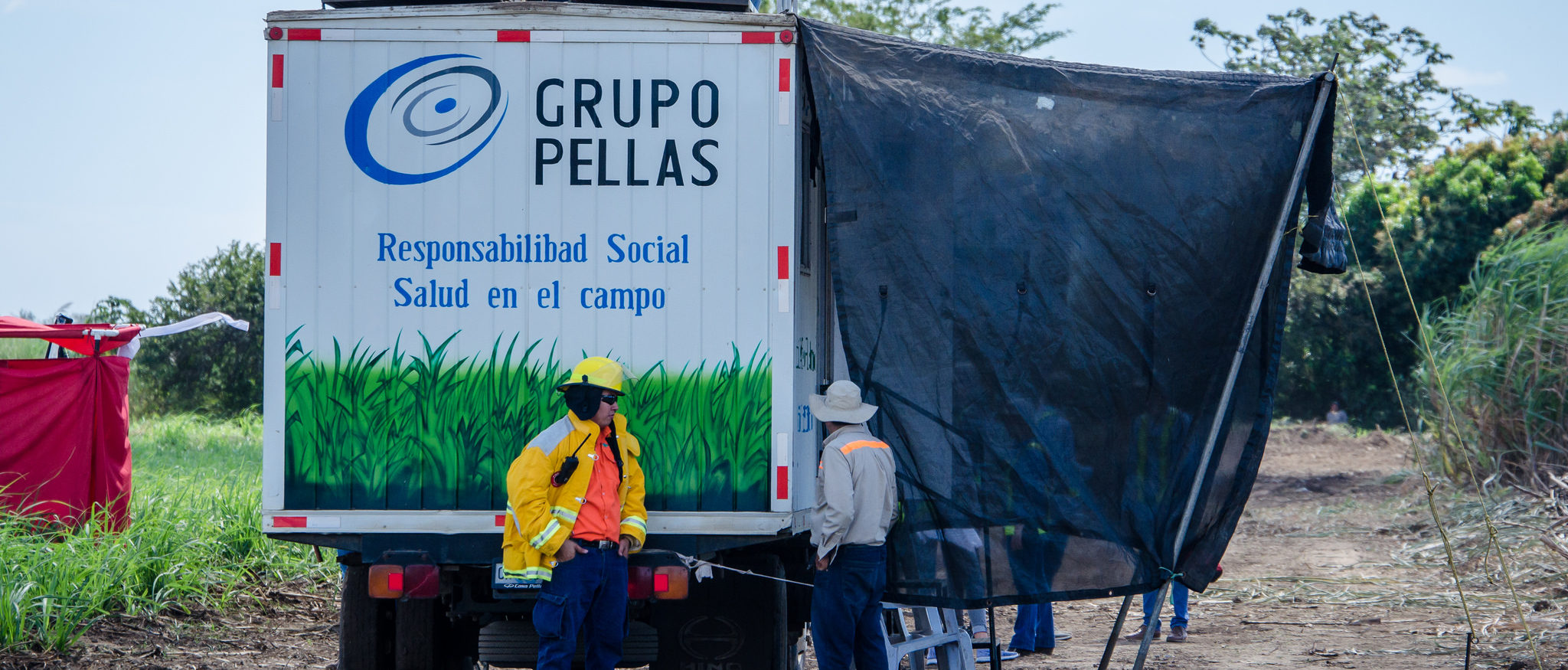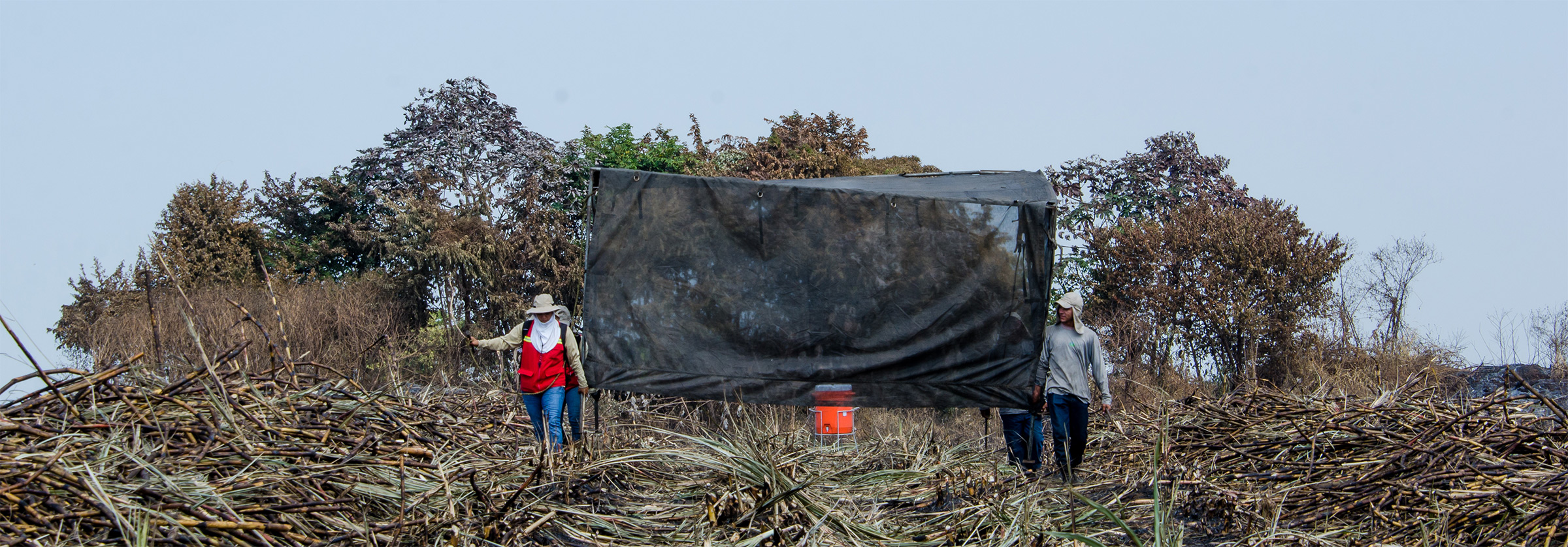
Photo Credit: Joe Woodruff / Bonsucro
Workplace Intervention
Project Description
The Adelante Initiative is based on ongoing collaboration with Ingenio San Antonio, the largest sugar mill in Nicaragua and one of the most logistically competent mills in the Americas. The intention is to form an “incubator” for design and scientific evaluation of workplace interventions in the sugarcane industry.
The study area is the Chinandega department on the northwest coast of Nicaragua. Sugarcane is the dominant commercial crop with peak employment during the harvest. In slack periods residents are engaged in subsistence farming, construction or other temporary jobs. CKDu has been a reality for decades in the area1.
The population benefitting this program includes all field workers at the San Antonio mill, totaling over 2000. Additionally, findings will be immediately shared and recommendations for following suit via the Nicaragua Sugar Producers Association, which means at least 6000 other workers will be aided by these findings over the course of the project. The hope is that these improvements will be made regionally so that tens of thousands of workers may be protected. In the coming years we hope to apply these changes globally, starting in the sugar industry.
The intervention consists of the provision of liquids (water and electrolyte solution), mandatory rest periods and shade, and ergonomically appropriate tools, according to a strict protocol. The access to safe sanitation at work is an integral part of interventions, especially important for the female workforce. This intervention prioritizes women’s access to secure and safe sanitation who make up approximately 20% of the workforce at the San Antonio sugar mill. As we encourage a sufficient intake of fluid, it is essential safe sanitation is provided if we expect to have adherence to the intervention. During the harvests, random repeated visits to different plots (planted fields) of the mill will be carried out to monitor adherence to the protocol. At the end of each harvest, there will be a qualitative evaluation of the intervention through focus groups of workers and interviews with key stakeholders. Adherence to the intervention will be aided by the development of an occupational safety and health mobile application. A beta version already exists, and we will continue to improve on it so that data on worker efficiency, health outcomes and intervention adherence can be gathered in real time by mill staff on smartphones.
The intervention study at ISA evaluates the impact of the intervention via the Adelante Initiative to reduce heat stress and workload without affecting productivity. The evaluation extends from the 2017-2018 pre-harvest until the end of the 2019-2020 harvest. The objectives are A) to determine whether the improved working conditions prevent heat stress and dehydration during the working day and throughout each harvest; B) if, with the measures implemented, the workers’ renal function remains stable during the three study harvests; and C) additional sub-studies to further investigate key aspects of the workers’ tasks and the characteristics of the intervention.

Photo Credit: Joe Woodruff / Bonsucro
1. Torres et al 2012, Brooks et al 2014

